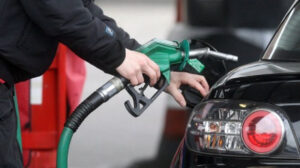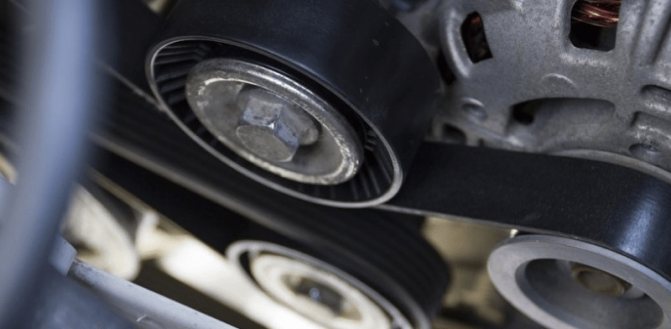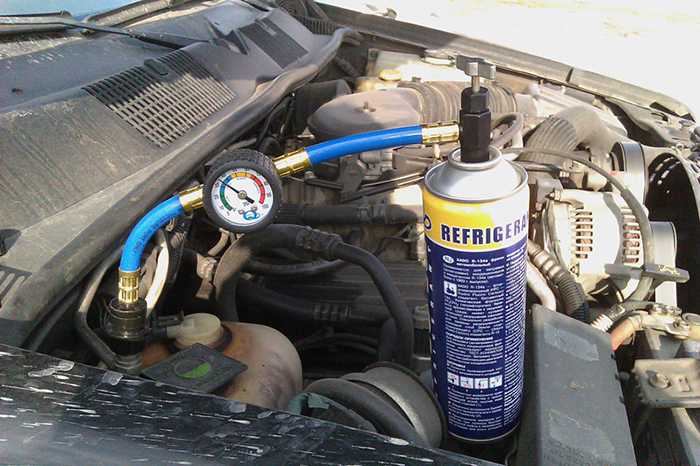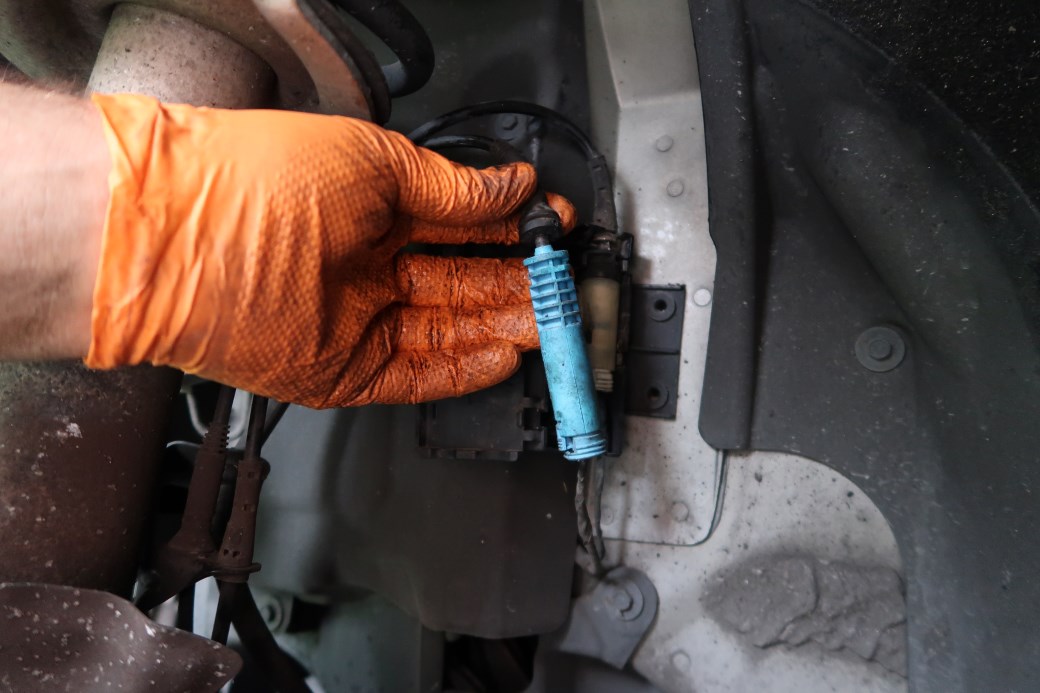 Putting regular gasoline in a car that’s meant for premium fuel can have some pretty negative consequences.
Putting regular gasoline in a car that’s meant for premium fuel can have some pretty negative consequences.
The two types of fuel have different octane levels, and when you put the wrong one in your car, it might not run as smoothly.
It’s possible that you’ll get an engine knock, which is extremely loud and can be harmful to your vehicle in the future.
Premium, Diesel, and Regular Gas: What’s the Difference?
There are a few main differences between premium, diesel, and regular gas.
- The most obvious is the price: premium fuel is more expensive than the other two types.
- Premium gas has a higher octane level, which means it’s meant for more powerful cars.
- Diesel fuel is thicker than regular gasoline and is better for vehicles that need more power to run, like trucks.
- Regular gas is the cheapest and most common type of fuel, but it doesn’t have as high of an octane level as premium.
What Could be the Consequences of Using Regular Gasoline in a Car with Premium Fuel?
One potential consequence of using regular gasoline in a car that’s meant for premium is that the engine might knock. This is because the octane levels are different, and when the car’s engine tries to run on regular fuel, it can’t do so as smoothly. You might also end up with some other problems down the line if you continue to use regular gasoline in a car that needs premium. So, it’s generally best to just use the type of fuel that your car is meant for.
What are the Consequences if You Put the Wrong Octane Gas Rate in Your Vehicle?
If you put the wrong octane gas rating in your vehicle, you could end up with a number of problems. The engine might knock, which is really loud and can cause damage over time. You might also have trouble starting the car or getting it to run smoothly. So, it’s important to make sure you’re using the right type of fuel for your car, and if you’re not sure, ask a mechanic. They’ll be able to tell you which type of gasoline is best for your vehicle.
What are the Consequences if You Put the Wrong Octane Gas Rate in Your Vehicle?
If you put the wrong octane gas rating in your vehicle, you could end up with a number of problems. The engine might knock, which is really loud and can cause damage over time. You might also have trouble starting the car or getting it to run smoothly. So, it’s important to make sure you’re using the right type of fuel for your car, and if you’re not sure, ask a mechanic. They’ll be able to tell you which type of gasoline is best for your vehicle.
What to Do if You’re Not Sure What Octane Level Your Car Needs?
There are a few different methods for determining the octane rating of your car. The easiest is to check the owner’s manual, which will list the recommended octane level for your vehicle. You can also speak to a mechanic, who will be able to tell you which type of gas is best for your car. Finally, you can do a quick internet search to find out the octane rating of your particular make and model of car.
Does Premium Gas Give Better Mileage?
When you put premium gas in a car that’s meant for regular fuel, does it give you better mileage?
There are a lot of myths out there about gasoline and what type of fuel is best for your car. Some people say that if you put premium gas in a car that’s meant for regular, you’ll get better mileage. Others say that it doesn’t make a difference. So, what’s the truth?
First of all, it’s important to understand the difference between premium and regular gas. Premium gas has a higher octane level than regular gas, and it’s meant for more powerful cars. If you put premium gas in a car that’s meant for regular, the car’s engine won’t be able to run as smoothly.
So, if you’re looking to get better mileage, it’s best to stick with the type of fuel that your car is meant for. Using premium gas in a car that requires regular fuel will likely just end up costing you more money without giving you any additional benefits.
Can You Mix Regular and Premium Gas During Fuel Shortages?
Yes, you can combine regular and premium gasoline during fuel shortages. However, it’s not recommended, because the two types of fuel have different octane levels. When you mix them together, the car’s engine might not be able to run as smoothly. It’s also possible that you’ll get an engine knock, which is really loud and can damage the car over time. So, it’s best to just use the type of fuel that your car is meant for during a fuel shortage. This will help to ensure that your car runs as smoothly as possible and doesn’t suffer any damage.
What Happens if I Mix Regular and Premium Gas During Fuel Shortages?
You can combine regular and premium gasoline during fuel shortages. However, it’s not recommended, because the two types of fuel have different octane levels. When you mix them together, the car’s engine might not be able to run as smoothly. It’s also possible that you’ll get an engine knock, which is really loud and can damage the car over time. So, it’s best to just use the type of fuel that your car is meant for during a fuel shortage. This will help to ensure that your car runs as smoothly as possible and doesn’t suffer any damage.
What Happens if I Use Standard-Grade Fuel (81 or 89 octanes) in a Premium Car?
It’s not recommended use standard-grade fuel in a premium car, because the two types of fuel have different octane levels. When you mix them together, the car’s engine might not be able to run as smoothly. It’s also possible that you’ll get an engine knock, which is really loud and can damage the car over time. So, it’s best to just use the type of fuel that your car is meant for. This will help to ensure that your car runs as smoothly as possible and doesn’t suffer any damage.
Final Thoughts
In general, it’s best to use the type of fuel that your car is meant for. Using regular gasoline in a car that requires premium fuel can lead to engine knock, starting problems, and other issues. So, if you’re not sure what octane level your car needs, it’s best to err on the side of caution and use the higher-octane fuel. Premium fuel is meant for more powerful cars, so if you’re driving something like a Durango, it’s important to make sure you’re using the right type of gasoline.
The engine might not work properly when you put regular gasoline in a car that’s supposed to use premium gasoline. The difference between the two types of gas is that the premium has a higher octane level. If you’re not sure what octane level your car needs, you can check the owner’s manual or speak to a mechanic. They’ll be able to tell you which type of gas is best for your car.
Thanks for reading! We hope this article was helpful in understanding the consequences of putting regular gas in a car that needs premium fuel.


